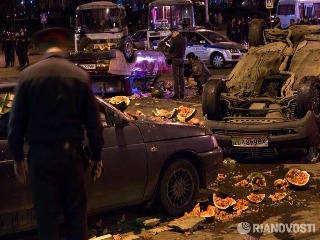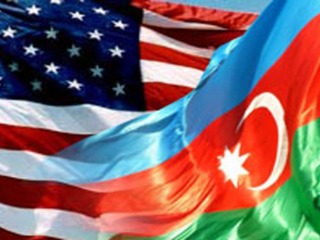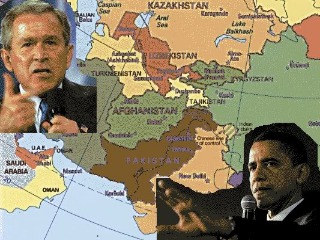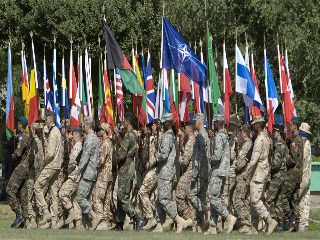The Biryulevo Riots and Their Implications
By Emil Souleimanov and Megan Ouellette (the 27/11/2013 issue of the CACI Analyst)
On October 11, word spread through social media about the murder of a 25-year old Russian by a suspect from the Caucasus during a street clash in Moscow’s southern periphery, an event that prompted anti-immigrant riots in Moscow accompanied by attacks on foreigners’ properties as well as foreigners themselves. The alleged murderer was arrested a few days later by Russian police, yet the scope of the riots and the authorities’ subsequent response signaled that much more was behind the incident than a simple, yet tragic, homicide.

The Strategic Context of U.S.-Azerbaijan Relations after the Presidential Elections
By Mamuka Tsereteli (the 27/11/2013 issue of the CACI Analyst)
On October 9, 2013, Azerbaijan held presidential elections and incumbent president Ilham Aliyev was re-elected for another five year term. The OSCE ODIHR observer mission, as well as the U.S. government, issued critical statements about the conduct of elections by Azerbaijani authorities that created tensions in Azerbaijan’s relationships with Western allies. Issues of concern need to be addressed, but they should not disrupt Western engagement and critical support for Azerbaijan’s sovereignty against the backdrop of assertive Russian policies to limit the Western presence in the broader Eastern European and Central Eurasian Space.

“CACI Analyst, October 30, 2013”
AWOL: U.S. Policy in Central Asia
By Stephen Blank (the 30/10/2013 issue of the CACI Analyst)
The U.S. has decided to give up the base at Manas, presumably because that base is not worth retaining once it leaves Afghanistan next year, and will relocate the base to Romania. Washington is instead moving most of its logistics through Pakistan, with a corresponding decline in the use of the Northern Distribution Network. Once U.S. forces leave Afghanistan there will be no military presence in Central Asia to speak of. Second, the TAPI gas pipeline from Turkmenistan through Afghanistan and Pakistan, nominally the centerpiece of America’s New Silk Road initiative, languishes for lack of any financing.

NATO in Afghanistan – Paralysis as Policy?
By Richard Weitz (the 30/10/2013 issue of the CACI Analyst)
NATO’s inability to commit to a definite role in Afghanistan beyond 2014, along with perceived strategic setbacks in Central Asia and the South Caucasus, are reinforcing the narrative promoted by the Taliban, al-Qaeda, Iran, and to a lesser extent Russia and China, that a war-weary West is abandoning Eurasia. Urgent measures are needed during the next months to reverse this perception before it gains irreversible momentum. The perception is already leading regional players to hedge against the expected consequences of a diminished NATO role. NATO needs to reaffirm and clarify its commitment to Afghanistan and Eurasia.



